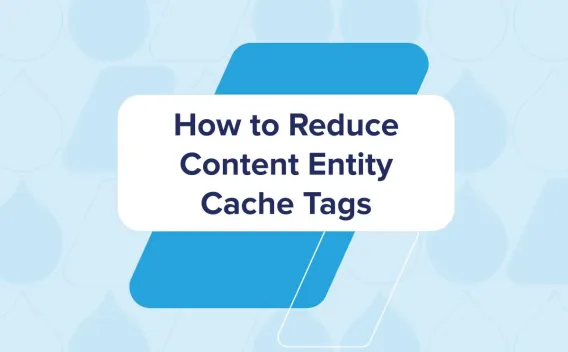The Acquia blog has a fascinating and important post by Dries Buytaert and Cash Williams on the recent Drupal critical security vulnerability, and it's aftermath: Acquia blocks 500,000 attack attempts for SA-CORE-2018-002. It's worth checking out in its entirety, but here are a few take-aways if you haven't gotten to it yet:
- When the Drupal Security Team made the security patch available, there were no publicly known exploits or attacks against SA-CORE-2018-002. But a subsequent article by a security research firm, and the posting of proof-of-concept code by another researcher spawned numerous exploits. Since then, Acquia has observed over 500,000 attacks from more than 3,000 different IP addresses across our fleet of servers and customer base. Fortunately, Acquia deployed a platform level mitigation for all Acquia Cloud customers one hour after the Drupal Security Team made the SA-CORE-2018-002 release available on March 28th. To the best of our knowledge, every attempted exploitation of an Acquia customer has failed.
- All software has security bugs, and fortunately for Drupal, critical security bugs are rare. It's been nearly four years since the Drupal Security Team published a security release for Drupal core that is this critical. What matters is how software projects or software vendors deal with security bugs. The Drupal Security Team follows a "coordinated disclosure policy": issues remain private until there is a published fix. A public announcement is made when the threat has been addressed and a secure version of Drupal core is also available. Even when a bug fix is made available, the Drupal Security Team is very thoughtful with its communication. The team is careful to withhold as many details about the vulnerability as possible to make it difficult for hackers to create an exploit, and to buy Drupal site owners as much time as possible to upgrade. In this case, Drupal site owners had two weeks before the first public exploits appeared.
- Many proprietary CMS vendors have executed a different approach, and don't always disclose security bugs. Instead, they often fix bugs silently. In this scenario, secrecy might sound like a good idea; it prevents sites from being hacked and it avoids bad PR. However, hiding vulnerabilities provides a false sense of security, which can make matters much worse. This approach also functions under the assumption that hackers can't find security problems on their own. They can, and when they do, even more sites are at risk of being compromised.
- At Acquia, we provide customers with automatic security patching of both infrastructure and Drupal code, in addition to platform level fixes for security bugs. Our commitment to keeping our customers safe is reflected in our push to release a platform level fix one hour after the Drupal Security Team made SA-CORE-2018-002 available. This mitigation covered all customers with Acquia Cloud Free, Acquia Cloud Professional, Acquia Cloud Enterprise, and Acquia Cloud Site Factory applications; giving our customers peace of mind while they upgraded their Drupal sites, with or without our help. This means that when attempted exploits and attacks first appeared in the wild, Acquia's customers were safe.
- As a best practice, Acquia always recommends that customers upgrade to the latest secure version of Drupal core, in addition to platform mitigations.
Read the whole post, with helpful graphics, over at Acquia.com.






